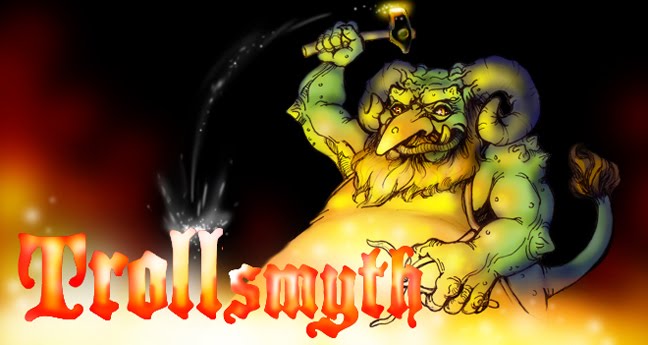But magic in 5e feels flat. It has no sparkle, no pizzazz. And I’m not sure why.
It’s not the spells themselves. With spells like Mirage Arcane, Crown of Madness, Dissonant Whispers, and Hunger of Hadar, 5e sports some of the most flavorful and evocative spells the game has ever seen (though I’d certainly not be against seeing a more consistent effort across the board to sex them all up, a la LotFP’s spell list). The neo-Vancian spell-slots thing doesn’t help, calling to mind capacitors and other technology-heavy metaphors. Still, preparing spells reads like magic; it tends to fall flat on its face in the actual implementation, when it goes from bundling components or chanting mantras and becomes bare bookkeeping.
And that, right there, is clearly one of the issues. What, exactly, does it mean to prepare a spell? The PHB treats it as nothing more than a bookkeeping chore:
You prepare the list of wizard spells that are available for you to cast. To do so, choose a number of wizard spells from your spellbook equal to your Intelligence modifier + your wizard level (minimum of one spell). The spells must be of a level for which you have spell slots. (PHB pg. 114)
It’s almost verbatim for every other class that casts spells. There’s nary a fig-leaf of mumbo-jumbo, woo, or the like to dress it up. Admittedly, this is not something we want to spend a lot of time on, and is best done between sessions. Still, at least a façade of mysticism would be nice.
We get the same sort of just-the-facts-ma’am attitude on how spells are acquired. Clerics and paladins clearly acquire their spells from their deity, which gives DMs wonderful openings for tying the PCs to their world. Wizards get their spells from books (mostly). But everyone else (including wizards) get spells when they level up.
How? It’s never explained.
It sorta makes sense with sorcerers. Since they acquire magic via genetics, the power grows like an exercised muscle. Druids and rangers can kinda crib from both clerics and sorcerers, saying that, as their experience with Nature grows, so does their ability to channel its wondrous powers. But how do you explain wizards and bards just suddenly acquiring new spells when they level up?
But the most egregious example is the warlock. Yes, obviously, they should acquire their new spells from their patrons. But there’s nothing at all in the books about how this works. I could see a scholarly warlock with a Great Old One patron actually having their mind expanded by reading the Necronomicon a few too many times, but really, there’s nothing in the book about how warlocks interact with their patrons. How are they contacted? What is the nature of the relationship? What do the patrons get out of it?
On the one hand, I appreciate the light touch that leaves lots of room for individual interpretations. On the other hand, there’s a ton of cool opportunities just left on the table, and, in the heat of the game, it’s easy to just ignore this sort of thing. And if you do that, magic kinda deflates into a technology with the wires and gears hidden behind sparkles and unicorn farts.
Art by Thomas Dewing.








